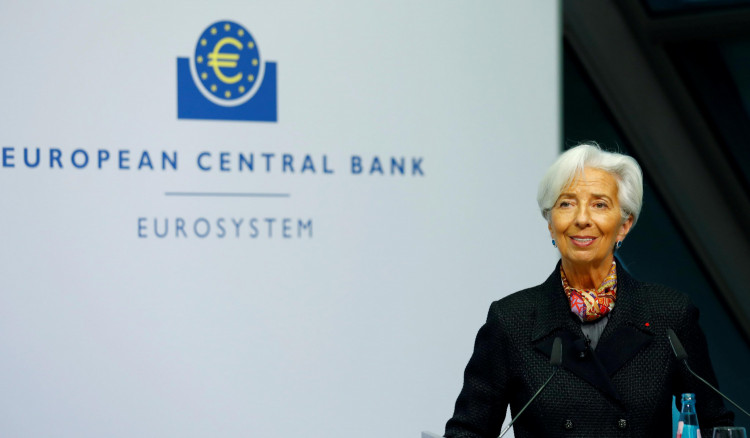The world's largest economies may have the capacity to roll over $8.7 trillion in debt maturing this year, but it will not be enough to cover a nearly unending government bond demand.
Based on a Bloomberg report, the total amount of bills, notes and bonds due for the Seven Nations Group plus core emerging markets is up 25 percent from five years ago and slightly higher compared to last year's $8.6 trillion.
Refinancing needs tend to be driven by the U.S, which owes $4.87 trillion in debt, followed by $1.92 trillion from Japan. The China tab will drop from $632 billion to $351 billion.
On the other hand, coupon payments and massive inflows into bond funds have made cash-rich investors, creating a positive technological context for a debt party that many see surviving at Wall Street.
In reality, investors and traders around the globe are now facing a bond shortage given the trillions of gross funding needs, TD Securities and Oxford Economics analysts said.
According to TD strategists led by Priya Misra, purchases by the Federal Reserve and the European Central Bank will drive down 40 percent of global net supply of government bonds, leaving the net amount available to private market investors at the lowest level since 2017.
As demand outstrips supply at around $400 billion annually over the next five years, investment firms expect central banks to acquire at least $255 billion in secure assets per year, and this amount could balloon to $1 trillion in a serious downturn.
In June last year, global bond markets rose from $87 trillion to more than $115 trillion, with government debt accounting for 47 percent of the total volume, according to data released by the International Finance Institute. Yet sovereign debt output during this period was down by an average of 1.5 percentage points, Bloomberg noted.
Wall Street analysts said the U.S. should not have a tough time finding investors to replace or even roll over maturing debt. In a trading environment with sub-zero yields in excess of $11 trillion of bonds, demand for treasuries is expected to grow.
Sumitomo Mitsui Trust Asset Management reports that approximately 60 trillion yen ($552 billion) of Japanese government bonds with a coupon of over 1 percent maturing in three years is likely to be reinvested in the U.S where the entire yield curve is positive.
Meanwhile, Vincent Mortier, the Paris-based firm's deputy chief investment officer, predicts that the yield on ten-year treasuries will drop in this year's range of 1.5 percent -1.7 percent.






